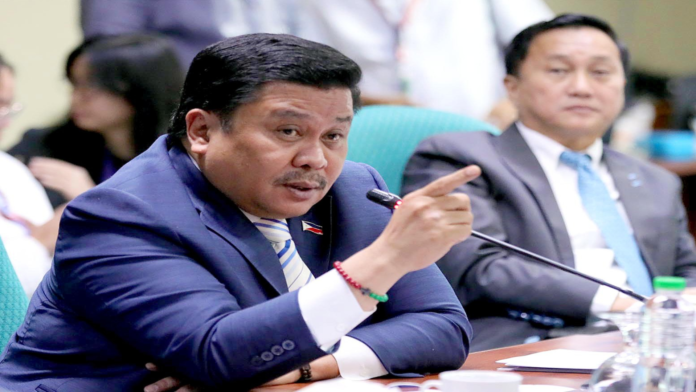Senator Jinggoy Estrada on Monday pushed for the passage of a bill imposing more punishments including life imprisonment and hefty penalties against persons found guilty of game fixing in professional or amateur sporting events in the country.
“It is imperative that we uphold the true spirit of fair play and athletic excellence, preserving and protecting the integrity of sports activities against dishonesty and corrupt practices,” Estrada said in a statement.
Earlier this year, Estrada filed Senate Bill No. 1641 or Anti Game-Fixing Act, which seeks to broaden the definition of game-fixing to include point-shaving, game manipulations, or any arrangement, agreement, scheme, or series of acts in which individuals attempt to influence the outcome of a game for gambling, betting, or defrauding the public.
Under his proposed bill, he said the actual exchange of money or valuable considerations is not a requirement to constitute the crime of game-fixing. Instead, it will be considered prima facie evidence of its commission.
Violators may face imprisonment ranging from three to 12 years and fines ranging from PHP1 million to PHP5 million, depending on the court’s decision. Life imprisonment or a fine ranging from PHP10 million to PHP50 million, or both, will be imposed if the offender is part of a syndicate.
If the offender is a minor student, the liability will be limited to administrative or disciplinary actions by the school or learning institution.
Professionals in sports convicted of game-fixing, upon final judgment, will be permanently disqualified from participating in any competitive sport. The same penalty applies to amateurs convicted for a second time upon final judgment.
If the offender is a public official, whether elected or appointed, they may face the maximum penalty, along with the accessory penalty of perpetual disqualification from holding any public office or employment. In the case of alien offenders, deportation will only be imposed after serving the sentence in the country.
Estrada also wants the Games and Amusements Board (GAB) to revoke the licenses of professional athletes and other sports officials found involved in game-fixing.
GAB may also, in a separate administrative proceeding, suspend or revoke the professional license of any person found guilty of violating other applicable laws, rules, and regulations.
In the case of alien offenders, deportation will only be imposed after serving the sentence in the country.
“Instituting a law against game-fixing and promoting professionalism in sports are vital steps to ensure that sports remain a source of inspiration, entertainment, and pride,” Estrada said. (PNA)


